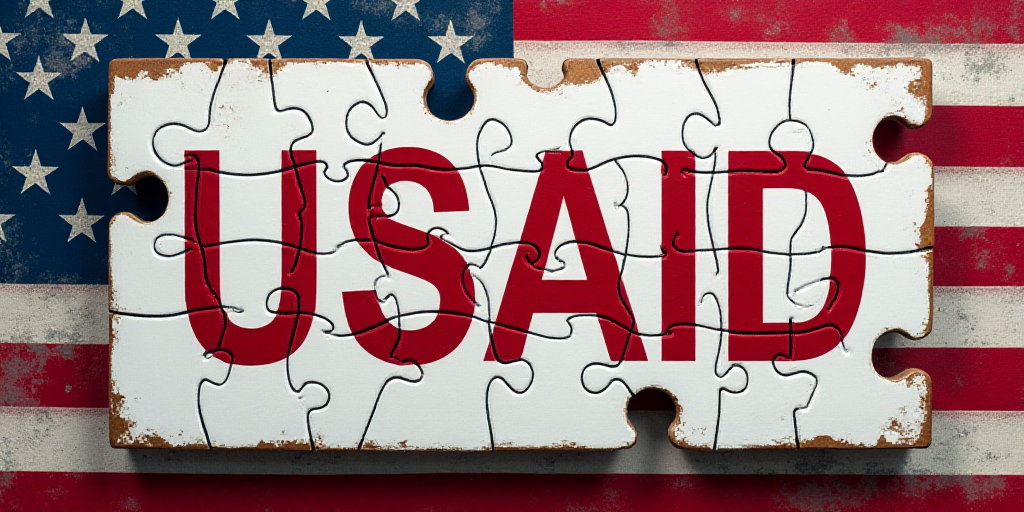Background on USAID
The United States Agency for International Development (USAID) was established in 1961 during the Cold War era by President John F. Kennedy, aiming to attract developing nations towards the democratic Western world through aid.
USAID’s Achievements
- Under the leadership of former President George W. Bush, USAID’s President’s Emergency Plan for AIDS Relief (PEPFAR) significantly contributed to the fight against HIV/AIDS.
- Former President Barack Obama acknowledged the importance of USAID, calling its termination “inexplicable” and predicting it would be remembered as a “colossal error.”
Restructuring of USAID
Marco Rubio, the current head of U.S. diplomacy, has drastically reshaped USAID by cutting 85% of its projects and integrating them into the Department of State.
Rubio views USAID as an outdated “charity model” and criticizes the agency for creating a global network of non-governmental organizations at taxpayers’ expense. He also expressed frustration over recipient countries not always voting in line with the U.S. at the United Nations, sometimes aligning instead with China.
Department of State’s Response
An anonymous Department of State official dismissed the Lancet study as based on “incorrect assumptions” and assured that the U.S. would continue providing aid, albeit more “efficiently.”
- The PEPFAR program will be maintained, focusing on preventing mother-to-child HIV transmission.
- However, the U.S. will no longer fund pre-exposure prophylaxis (PrEP) medication, which significantly reduces HIV transmission rates.
Potential Consequences of USAID Shutdown
According to a study published in The Lancet medical journal, over 14 million additional deaths could occur by 2030 due to reduced foreign aid, with one-third being children under five.
Impact on Humanitarian Efforts
Bob Kitchen, Vice President of Emergencies at the International Rescue Committee, corroborates these dire predictions.
- Nearly 400,000 Sudanese refugees and over 500,000 Afghanis, mostly women and children, will lose access to urgent aid and essential services like education and healthcare.
- European Union countries and the UK have instead increased military spending, leaving a gap in humanitarian support.
Kitchen warns that these cuts will not only exacerbate immediate crises but also weaken stable countries like Ethiopia and Kenya.
Beyond moral considerations, Kitchen emphasizes that these reductions will intensify migration—a matter of great concern for President Trump.
“If insecurity spreads, outbreaks proliferate, and there’s no defense line left,” Kitchen concluded.
Key Questions and Answers
- What is USAID? The United States Agency for International Development (USAID) is the U.S. government’s principal foreign aid agency, responsible for administering civilian foreign aid and development assistance.
- Why is USAID relevant? USAID has played a crucial role in global health initiatives, such as the President’s Emergency Plan for AIDS Relief (PEPFAR), which has saved millions of lives.
- What changes are being implemented by the Trump administration? The Trump administration has significantly reduced USAID’s projects and integrated them into the Department of State, with Marco Rubio advocating for a more “efficient” aid model.
- What are the potential consequences of these changes? Critics warn that reduced foreign aid could lead to millions of additional deaths, exacerbate global crises, and intensify migration pressures.






